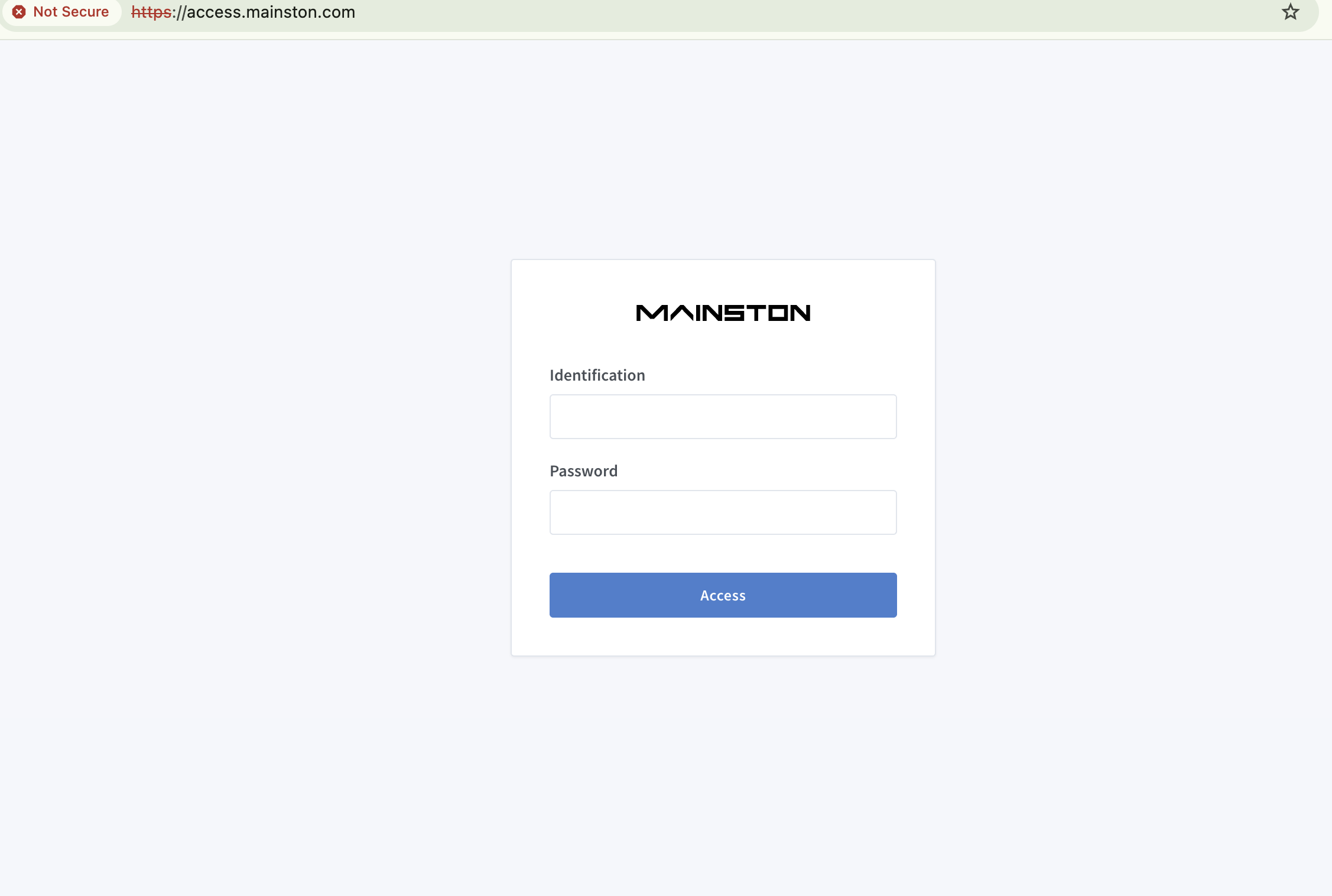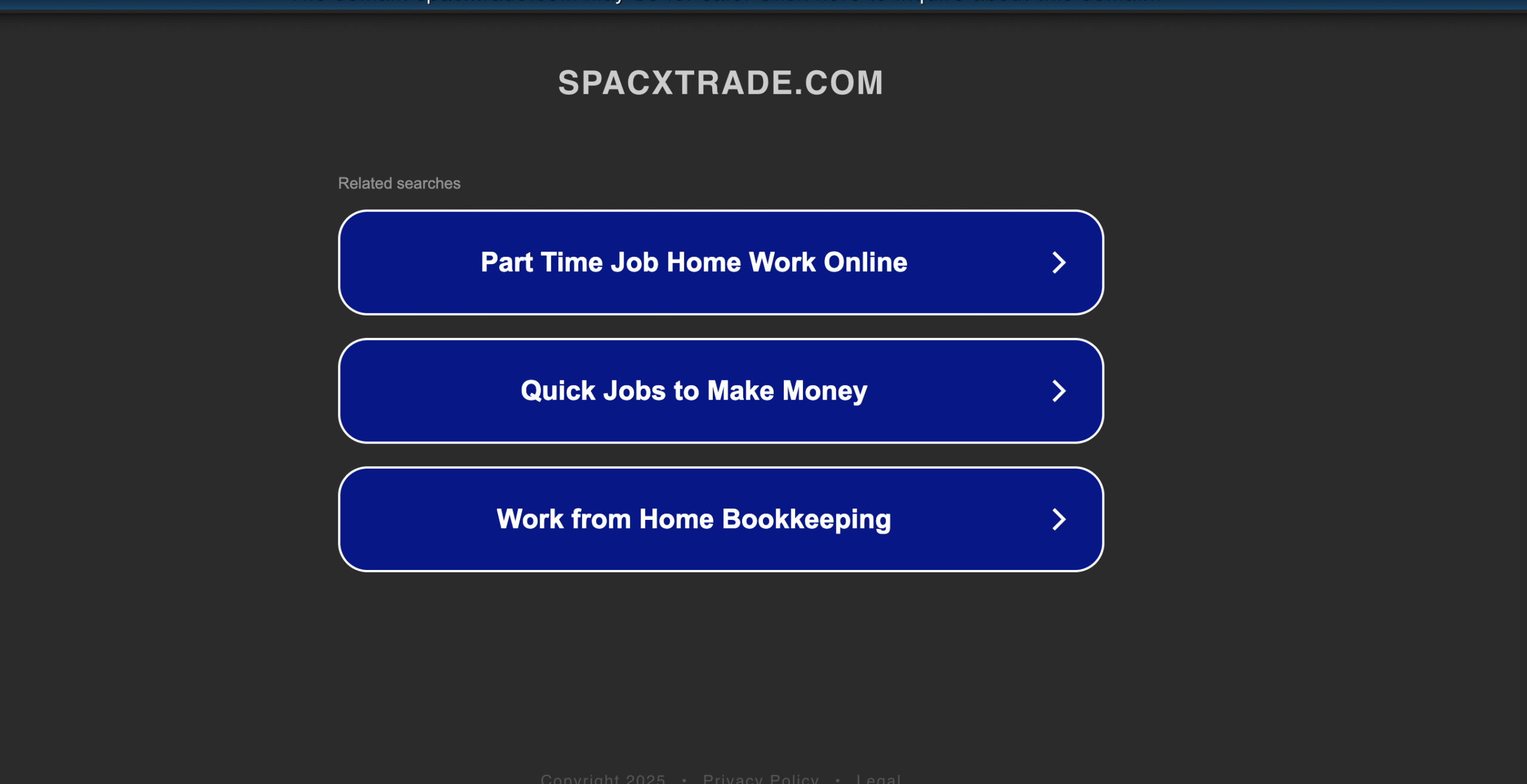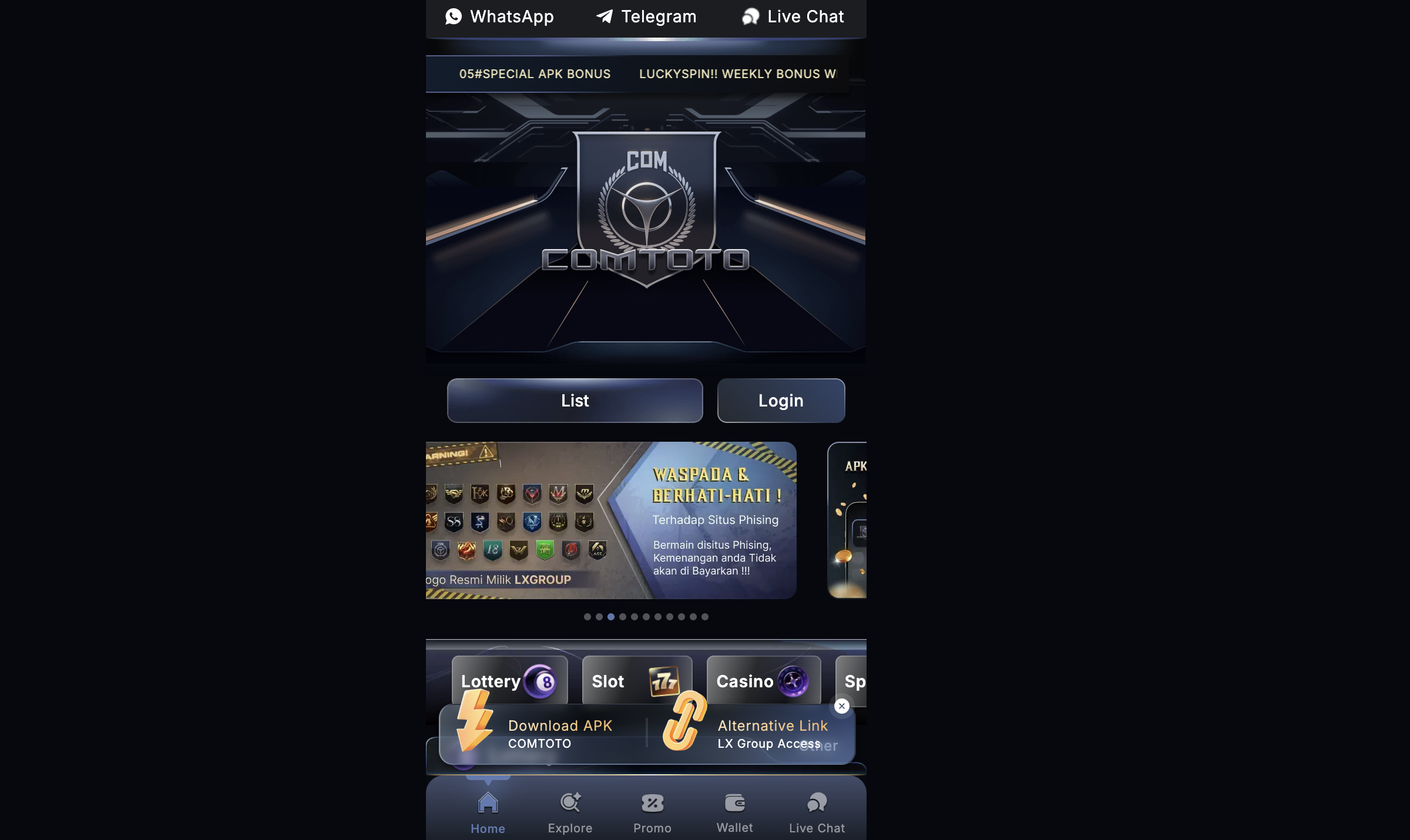Introduction
Over the past few years, the lure of making money online—especially via cryptocurrency, multi-level marketing (MLM), or “passive income” platforms—has grown significantly. In many cases, the promises are enormous, the setup appears slick, and early testimonials may look tempting. However, some of these platforms turn out to be little more than sophisticated scams.
One such platform is Mainston (via the website Mainston.com). While it presents itself as a legitimate opportunity to earn income, multiple indicators raise serious doubts about its legitimacy. This review explores those doubts in depth: the origins of the platform, how it is marketed, what evidence suggests it may be a scam, what users have reported, regulatory and transparency issues, and why caution is essential.
What is Mainston.com and What Does It Claim to Offer?
Mainston.com represents itself as an ecosystem combining cryptocurrency, investment services, passive income opportunities, and affiliate/marketing partnerships. Some of the claims associated with the platform include:
-
Offering a cryptocurrency token (often referred to as “STON”) that is supposedly tied to a broader financial ecosystem, including wallets, exchanges, and yield-generating features like staking and farming.
-
Promoting membership packages that unlock higher earnings, commissions, or bonuses.
-
Encouraging users to build “downlines” by recruiting others, claiming recurring income and rewards.
In short, the platform presents a combined model of cryptocurrency investment and multi-level marketing, which immediately raises red flags for anyone familiar with online scams.
Red Flags Indicating Mainston.com May Be a Scam
1. Lack of Transparency
A key marker of a legitimate investment or crypto project is transparency: audited financials, active trading volume, a published whitepaper, and verifiable leadership. Mainston.com fails in these areas:
-
There is no verifiable whitepaper or detailed project roadmap publicly available.
-
The company behind Mainston.com has been dissolved in its primary jurisdiction, which means there is no active legal entity accountable for operations.
-
The cryptocurrency token associated with the platform shows minimal activity, little to no trading volume, and no presence on established exchanges.
These factors make it nearly impossible to verify whether the platform is genuinely operational or profitable.
2. High-Pressure MLM-Style Marketing
Mainston.com heavily relies on recruitment-based marketing. Users are encouraged to:
-
Upgrade membership levels to unlock higher commissions.
-
Recruit others to join the platform to build a “downline.”
-
Earn recurring commissions based on the activity or payments of recruited members.
This structure is reminiscent of classic pyramid schemes, where the primary way to earn money is by bringing in new participants rather than providing actual services or products.
3. User Complaints and Negative Experiences
Although Mainston.com does not have widespread reviews, the available user feedback is concerning. Some users report being unable to access funds they invested and feeling misled by promises of easy or recurring income.
Even a small number of credible complaints can be significant when combined with other red flags like lack of transparency, dissolved company registration, and inactive token trading.
4. Promises of “Unlimited Earnings”
The marketing emphasizes terms like “unlimited income,” “earn while you sleep,” and “passive earnings without limits.” While this language is attractive, it is often used by high-risk or fraudulent schemes. Genuine investment opportunities rarely offer guaranteed, high, or unlimited returns.
5. Token Illiquidity and Questionable Value
If users are asked to purchase or hold a token as part of the platform, the lack of exchange listings and trading activity poses a serious problem. Without liquidity or verifiable value, users could be holding digital assets that are essentially worthless.
Timeline and Background
-
The Mainston.com brand appears to have been promoted through forums and social media in various forms over the past several years.
-
The associated STON token shows little to no trading volume, and the cryptocurrency infrastructure is essentially inactive.
-
The company behind Mainston.com was registered but later dissolved, leaving no active legal entity responsible for operations.
This timeline suggests that while Mainston.com may have attempted to present itself as a legitimate platform or rebrand itself over time, the underlying structure and operations remain highly suspicious.
Why Mainston.com Fits the Classic Scam Blueprint
Based on the evidence, Mainston.com displays many characteristics common to online scams:
-
Aggressive marketing with high earning promises – Attracts users with dreams of fast, easy income.
-
Recruitment-heavy model – Earnings rely on bringing in new members rather than generating actual product or service revenue.
-
Cryptocurrency angle for perceived legitimacy – Crypto adds complexity that makes it harder for casual users to evaluate risks.
-
Low transparency and weak verification – Missing documentation, inactive token, little public accountability.
-
Lack of regulatory oversight – The company is dissolved, and no financial regulators oversee operations.
-
User complaints of being misled or losing funds – Even a few documented complaints are enough to signal caution.
Key Concerns for Users
If you are evaluating this or similar platforms, the major concerns include:
-
Risk of losing money – Without a genuine external revenue stream, payouts depend on new members’ funds. Once recruitment slows, the system collapses.
-
Token illiquidity – Investments in STON or similar tokens may not be convertible to cash or other cryptocurrencies.
-
Accountability issues – With the company dissolved and leadership largely anonymous, there is no entity responsible for resolving issues.
-
Recruitment-based earnings – Platforms where earnings depend mainly on recruiting others often collapse when growth slows.
Analysis of the Platform Structure
Mainston.com combines two high-risk models:
-
Multi-Level Marketing (MLM)
The emphasis on recruiting others, upgrading memberships, and building downlines is typical of MLM structures. In legitimate MLMs, there is usually a tangible product or service driving sales. In Mainston, the “product” is largely the opportunity itself, which is a classic warning sign. -
Cryptocurrency Tokenization
Introducing a crypto token (STON) gives a veneer of modern technology and investment sophistication. However, the token lacks liquidity, exchange listings, and real-world use cases, making it essentially a speculative or non-functional asset.
When combined, these two elements create a high-risk environment where early participants may earn small rewards, but the long-term viability is extremely questionable.
Psychological Tactics Used by Mainston
Several psychological strategies are evident in Mainston’s marketing:
-
Scarcity and urgency – Phrases like “limited-time opportunity” or “join now before slots run out” create pressure to act quickly.
-
Authority and sophistication cues – References to blockchain, cryptocurrency wallets, and passive income make the platform appear credible.
-
Social proof – Testimonials or claims of other people earning huge amounts reinforce the illusion of legitimacy.
-
Gamification of progress – Membership upgrades and levels encourage ongoing financial commitment to the platform.
These tactics exploit human tendencies toward optimism, fear of missing out (FOMO), and trust in technological sophistication.
Common Patterns Observed in Similar Scams
Mainston shares patterns with many prior online investment scams:
-
Minimal or false documentation of business operations.
-
Heavy reliance on recruitment rather than product/service value.
-
Cryptocurrencies used to obscure the flow of money and introduce complexity.
-
Promises of extraordinary returns with little explanation.
-
Dissolution or relocation of the corporate entity to reduce accountability.
This repetition across platforms is why scam-watchers often flag even early warning signs as serious indicators of risk.
Final Thoughts
While Mainston.com presents itself as a modern, tech-driven opportunity for passive income and cryptocurrency investment, the combination of red flags—dissolved company registration, inactive token, recruitment-heavy marketing, user complaints, and promises of unlimited earnings—make it a highly suspicious platform.
Anyone evaluating Mainston.com or similar opportunities should exercise extreme caution, conduct independent research, and critically assess the risks involved. The platform exhibits many classic features of high-risk online schemes, and engagement could result in financial loss.
In the rapidly evolving world of online investment and cryptocurrency, skepticism and thorough due diligence are essential. Mainston.com serves as a strong example of why appearances can be deceiving and why promises of effortless income should always be scrutinized.
Report Mainston.com Scam and Recover Your Funds
If you have lost money to Mainston.com, it’s important to take action immediately. Report the scam to LOSTFUNDSRECOBERY.COM, a trusted platform that assists victims in recovering their stolen funds. The sooner you act, the better your chances of reclaiming your money and holding these fraudsters accountable.
Scam brokers like Mainston.com continue to target unsuspecting investors. Stay informed, avoid unregulated platforms, and report scams to protect yourself and others from financial fraud. Read More reviews at Scams2Avoid



